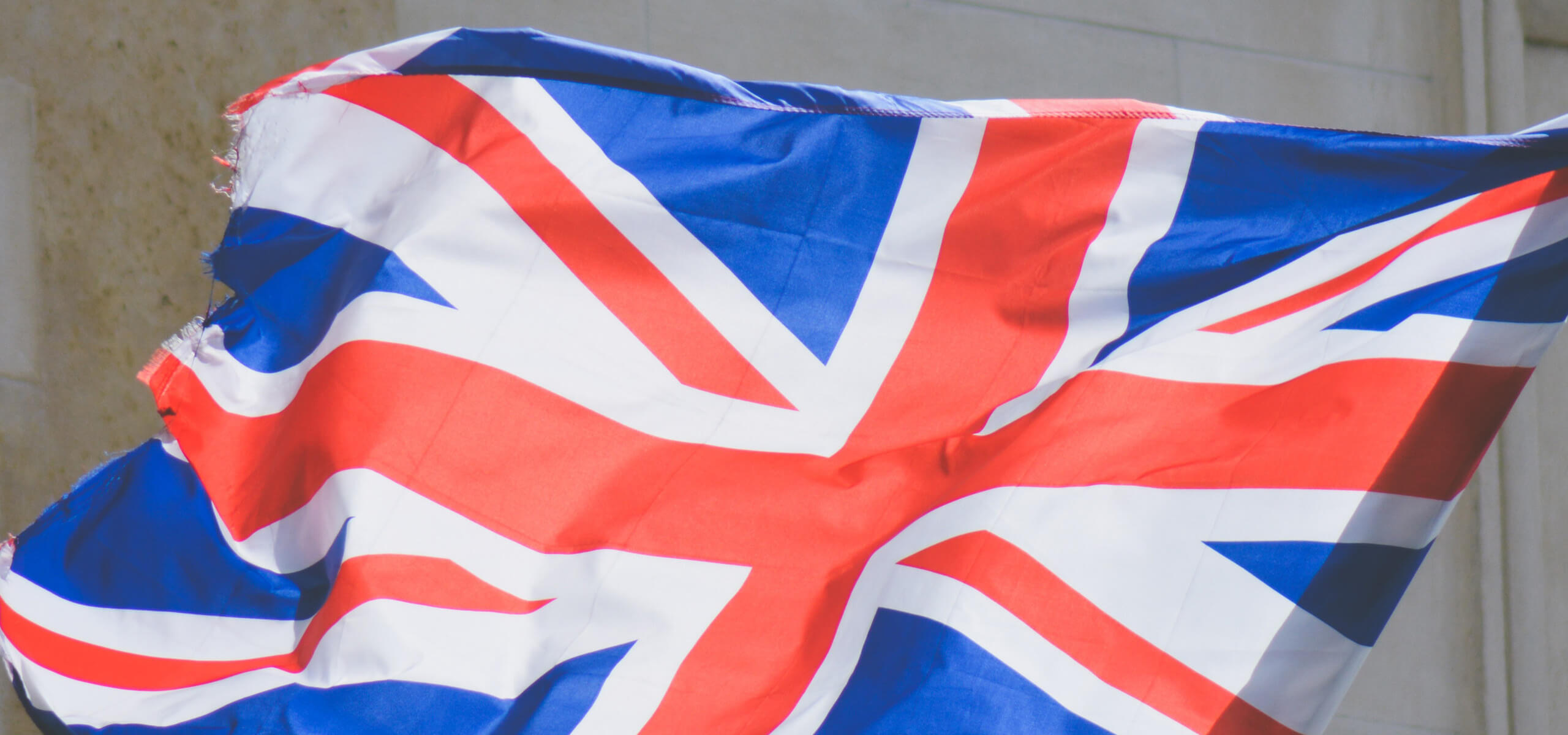Hostile environment poses threat to migrant and public health during COVID-19

Over the last week, Johnson’s government has – after mounting pressure – been forced to take a U-turn regarding who will now be subjected to the Immigration Health Surcharge. Prior to this U-turn, the IHS was imposed upon all migrants in order to access public healthcare in the UK. Under the Immigration Act 2014, all temporary workers were made to pay a £200 health surcharge (£150 for students) as part of their visa applications, which was doubled to £400 in 2018 and is set to increase to £624 this October.
However, despite this ever rising fee, it only allows for access to certain NHS services such as emergency treatment (excluding follow-up treatment), family planning services, diagnosis and treatment of certain communicable diseases.
The recent u-turn by the government means that this extortionate fee is no longer required from migrants who are NHS workers. While this has been a welcome, long sought after change for those who have been made to fork out hundreds of pounds in order to access the very healthcare that they provide in the UK – with 13% of all NHS staff being non-British – there is still a long way to go.
The hostile environment is proving detrimental to migrants throughout the current pandemic. Undocumented migrants in particular fear the prospect of arrest or deportation and the likelihood of receiving a large bill for treatment which they cannot hope to pay, an issue which long precedes the Coronavirus crisis. For years, charities and activists have urged the government to eradicate its hostile environment policies which see migrants subject to restrictive, stringent measures that leave them facing often discriminatory hurdles when trying to access housing, healthcare and employment. Today, migrants in the UK live in fear of not only the spread of Covid-19, a disease which has disproportionately affected those of BAME (Black, Asian and minority ethnic) background, but of even accessing the healthcare they need.
This is a long-standing issue and one which is addressed within a 2019 report by Doctors of the World. This report examines some of the key barriers particularly for undocumented migrants when trying to access healthcare in the UK, since their lack of up-to-date papers can result in deportation.
There has been a distinct lack of financial support offered by the government to those with insecure immigration status throughout the duration of the global pandemic thus far. This has included the government’s refusal to suspend the allocation of No Recourse to Public Funds (NRPF) to migrants who are typically subject to this condition. In reality, most migrants fall under NRPF regulations which prevents them from accessing the majority of state benefits, including being restricted from applying for Universal Credit.
Unfortunately, this lack of financial support is not the only issue. While some may laud the Home Office’s decision to extend visas to those whose leave has expired during the pandemic, MPs and immigration lawyers have been quick to point out the flaws in this plan, while highlighting the government’s refusal to suspend the hostile environment which continues to pose a threat to both migrants and public health.
Some of these concerns note that the government’s visa extensions are selective in terms of their application and may not even have any legal basis. This could result in NHS workers who apply for this visa extension finding that they are living in the UK illegally despite government assurances.
For example, the government’s announcement that it is automatically extending leave to remain for NHS workers whose permission is due to expire before October 2020 initially appeared to be a step in the right direction. However, it has since faced criticism as it applies only to those in certain professions, failing to cover low-paid workers such as hospital porters who have been equally crucial to the UK’s fight against Covid-19.
This ambiguity and lack of direction from the government has only served to exacerbate the concerns of all migrant workers, especially those with insecure status.
Ultimately, the hostile environment is continuing, during this time of crisis, to culminate in delays, difficulties and a refusal to support migrants. At a time when access to healthcare is more important than ever, the hostile environment must be scrapped or temporarily suspended.
The requirement for patients to provide identification and proof of address in order to access NHS services is one notorious example of the government’s hostile environment that has deterred migrants from accessing healthcare. It is a concept that not only contradicts the founding principles of the NHS, but that is reminiscent of the cut-throat American private healthcare system.
This has manifested itself as a deep distrust of the NHS and its services for many migrants who fear their personal information being shared with the Home Office – a troubling action which NHS staff are now obligated to carry out if a patient has no proof of residency. Despite the government insisting that such checks are not being carried out during the current crisis, the damage has already been done as this fear is deeply embedded. It has gone so far that MPs and charities have warned of undocumented migrants dying from the Coronavirus because they are afraid to seek help.
On 8th April, one man known as Elvis, a Filipino national, died in his home after suffering from a fever and cough for two weeks. Elvis had worked in the UK for ten years as a cleaner and is believed to have avoided seeking healthcare as a result of being “too afraid to go to the hospital for fear that he would be charged for the treatment”. The terrible tragedy is that Elvis would have been exempt from fees, but that the government’s lack of clarity and engagement with communities has made this most unclear.
In addition to this, while we are rightly relieved that children are 56% less likely to catch the virus, there are worrying reports that undocumented minors are being refused treatment for other afflictions as they cannot provide proof of residency. Again, such brutal conditions for migrants can be traced back to the government’s hostile environment policy.
Covid-19 has merely highlighted the struggles of our migrant workers and families and the callousness of the government’s immigration policies. While the situation is changing daily, we must do what we can to protect the most vulnerable and to be rid of the hostile environment once and for all.

